‘The monarchy needs radical reform to keep the public’s support’
Your digest of analysis from the British and international press
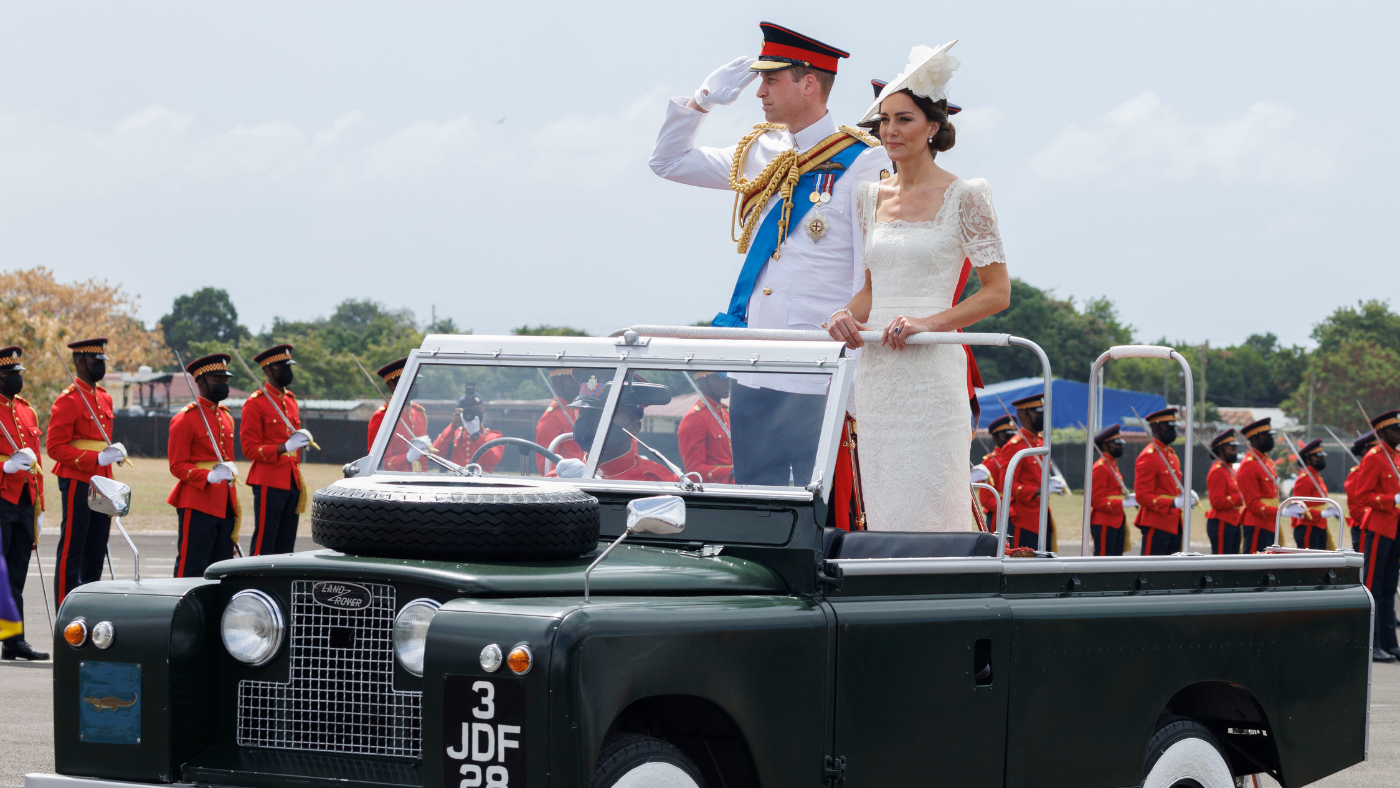
A free daily email with the biggest news stories of the day – and the best features from TheWeek.com
You are now subscribed
Your newsletter sign-up was successful
1. It’ll take a radical plan to save the royals now
Clare Foges at The Times
on looking ahead
Seeing Prince William and Kate Middleton in the Caribbean, “waving at locals from an open-top Land Rover… we were catapulted back almost a century”, says Clare Foges at The Times. “Poor William and Kate. They are plainly decent, charming people but they looked like relics. The trip’s PR failures will have been gratifying for those who long to abolish the monarchy”, but not this writer. Foges loves “the pomp and flummery”. But “even” she “can sense – sadly – that people are tiring of this stuff”. Attitudes “are shifting fast”, and though “respect for Her Majesty the Queen has seen off threats to the monarchy for decades… alas, she is not immortal”. Foges says: “Republicans are sharpening their guillotines” as Prince Charles prepares to take the throne. And she thinks that “to secure the monarchy for another century” in the “public’s affections”, the royal family “should leap several steps ahead” of public opinion. “The new king will need to out-revolutionise the revolutionaries”. “Radical reform” is what this writer thinks is needed.
The Week
Escape your echo chamber. Get the facts behind the news, plus analysis from multiple perspectives.

Sign up for The Week's Free Newsletters
From our morning news briefing to a weekly Good News Newsletter, get the best of The Week delivered directly to your inbox.
From our morning news briefing to a weekly Good News Newsletter, get the best of The Week delivered directly to your inbox.
2. Will Smith’s unbelievable Oscars moment was straight out of Hollywood
Andrew Buncombe at The Independent
on acting or anger?
Twenty years ago, Will Smith was nominated for an Oscar for his portrayal of Muhammad Ali in the film Ali “partly because of his ability to know how to throw a punch”, writes Andrew Buncombe at The Independent. “The ring scenes looked convincing, as did the training regimen. But we all knew it was acting.” That, Buncombe says, is “what everybody thought when Smith walked up to comedian and presenter Chris Rock and took a swing at his face. Hollywood! Ha! What jokers!” But then “the sound was cut” and the actor returned to his seat “looking very, very angry indeed. If he was acting, he was doing a good job.” TV audiences “reached for their phones. What was that? Was that real?” The end of the drama “was literally crafted in Hollywood”. Smith returned to the stage, “this time accepting the award for Best Actor”. As he gave his speech, “his face streaked with tears”. In that moment, “it seemed pretty certain that Smith was not acting”.
A free daily email with the biggest news stories of the day – and the best features from TheWeek.com
3. Why the UK can’t rely on boosters to get through each new wave of Covid
Danny Altmann at The Guardian
on a fragile situation
Covid-19 vaccines have greatly reduced the likelihood of hospitalisation or death from the virus, but “viral evolution had plenty more to throw at us”, writes professor of immunology Danny Altmann at The Guardian. “The onslaught of highly immune-evasive variants was”, for many experts, “unforeseen”. “Having started out brilliantly, the real-life state of play today is self-evidently suboptimal.” Despite having one of the highest vaccination rates in the world, the UK faces an “unhappy equilibrium” of “more than 300,000 new cases a day… with hospital admissions and excess deaths holding steady at a new – high – setpoint”. Now we face “a precarious truce imposed through frequent mRNA boosters to keep the viral caseload ‘manageable’. But there are signs this isn’t sustainable.” Recent surges in Hong Kong, Denmark and Scotland “emphasise the fragility” of the situation. The pandemic “is very much with us and evolving dynamically, with a long, bumpy road ahead”, says Altmann. “The option to sleepwalk through this… is one we adopt at our peril”.
4. Beware a phony peace in Ukraine
Thomas D. Grant at The Wall Street Journal
on endgames
“Russia’s war against Ukraine is failing,” writes Thomas D. Grant at The Wall Street Journal. “But serious dangers remain” and “among them are ‘peace’ terms that, like those Russia imposed on past victims of its aggression, would set up Ukraine – and others – for bloodshed in years to come.” Vladimir Putin “is likely to propose terms that look like concessions but are calculated to hobble Ukraine and threaten security far beyond its borders”, writes the senior security adviser. Ceasefire terms have “deliberately debilitated” countries that Russia has previously attacked “by entrenching proxies on each country’s territory and stipulating ‘peace processes’ that Moscow used not to pursue peace, but to prevent countries from stabilising or escaping Russia’s shadow”. It seems Putin hopes to “gain lasting ground from his botched invasion” in the same vein, but “tolerating such an outcome in Ukraine would be a mistake”. “If the world wants peace,” says Grant, “then it shouldn’t impose a settlement on Ukraine that ignores lessons from places where Russia got the endgames it demanded.”
5. Fertiliser inflation presages a global food supply crisis
Rana Foroohar at the Financial Times
on rising prices
War between Russia and Ukraine has led to rises in food and fuel prices. “This in turn has sparked concern that we may see a repeat of the famine and food riots that took place in 22 countries in the years following the global financial crisis, caused by a perfect storm of rising commodities prices,” writes Rana Foroohar at the Financial Times. US wheat farmers “should be in a good position to help buffer some of the pain” from disruptions to supply, but “they are worried about inflation of another sort – in fertiliser”. Costs “have increased far beyond the levels that agricultural simulation models would have predicted” and “farmers say price gouging is part of the problem”. There are “deafening calls for monopoly actions in the US”. Foroohar says: “Geopolitical instability will certainly lead to more ‘local for local’ production and calls for insourcing…But antitrust actions will be as much about curbing domestic players as foreign ones.” For shifts in the market to take place, we need to “fundamentally” reconsider “how we eat”.
-
 How the FCC’s ‘equal time’ rule works
How the FCC’s ‘equal time’ rule worksIn the Spotlight The law is at the heart of the Colbert-CBS conflict
-
 What is the endgame in the DHS shutdown?
What is the endgame in the DHS shutdown?Today’s Big Question Democrats want to rein in ICE’s immigration crackdown
-
 ‘Poor time management isn’t just an inconvenience’
‘Poor time management isn’t just an inconvenience’Instant Opinion Opinion, comment and editorials of the day
-
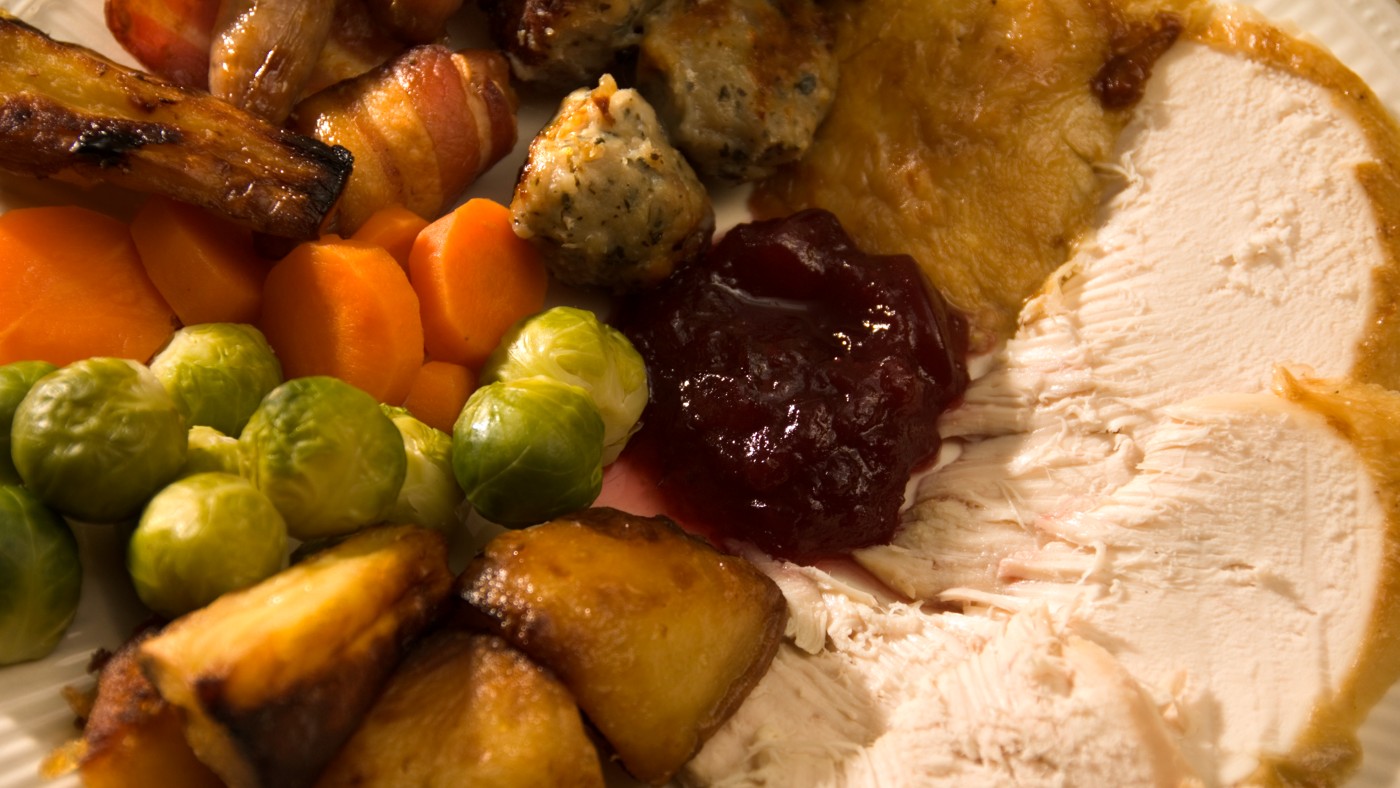 Nan who charges family for Christmas dinner puts up price
Nan who charges family for Christmas dinner puts up priceTall Tales And other stories from the stranger side of life
-
 Man caught after driving without licence for 50 years
Man caught after driving without licence for 50 yearsfeature And other stories from the stranger side of life
-
 What Harry & Meghan reveals about the Duchess of Sussex’s reputation within the royal family
What Harry & Meghan reveals about the Duchess of Sussex’s reputation within the royal familyfeature New Netflix documentary shines a light on the British monarchy’s relationship with the patriarchy and whiteness
-
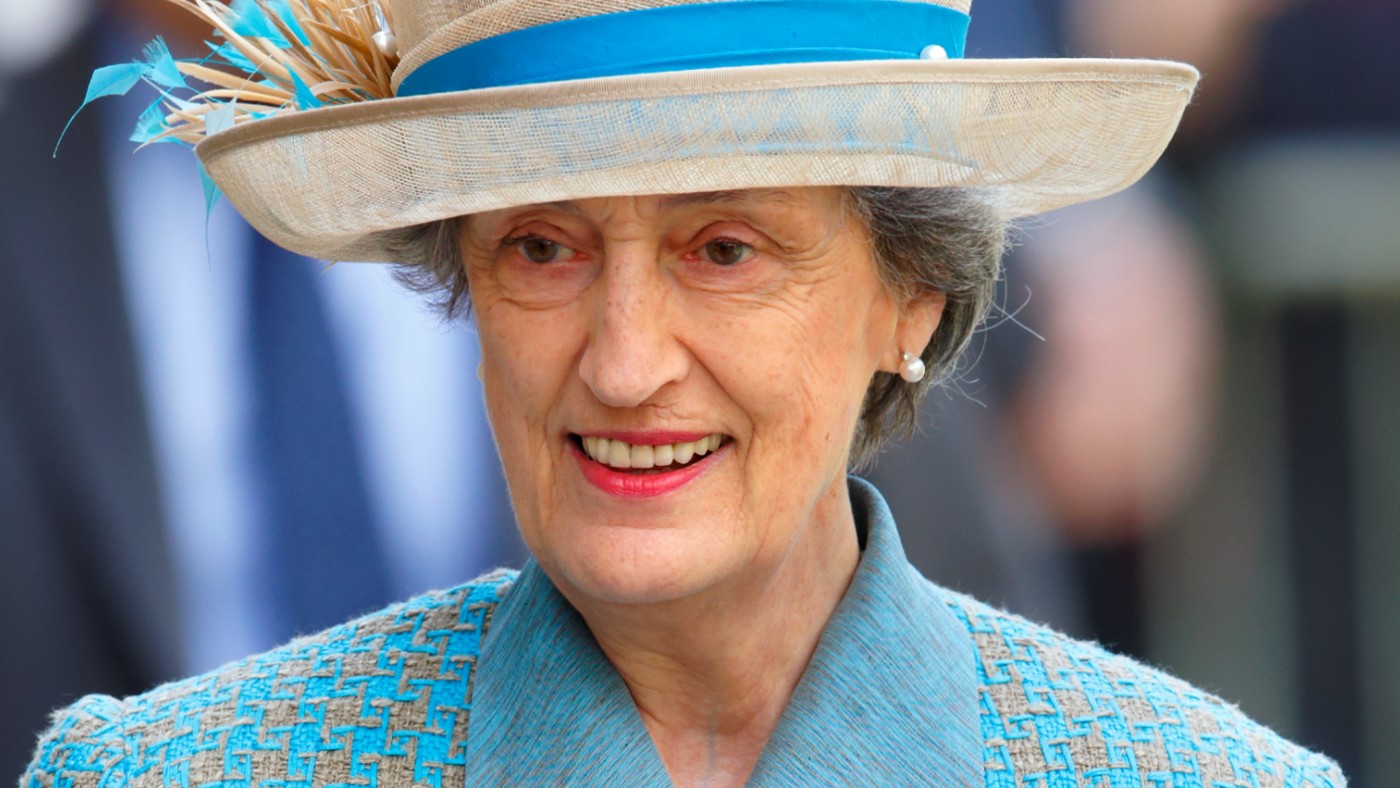 ‘Where are you from?’: a question of race and identity
‘Where are you from?’: a question of race and identityTalking Point Lady Hussey racism row could hardly have come at a worse time for the royals
-
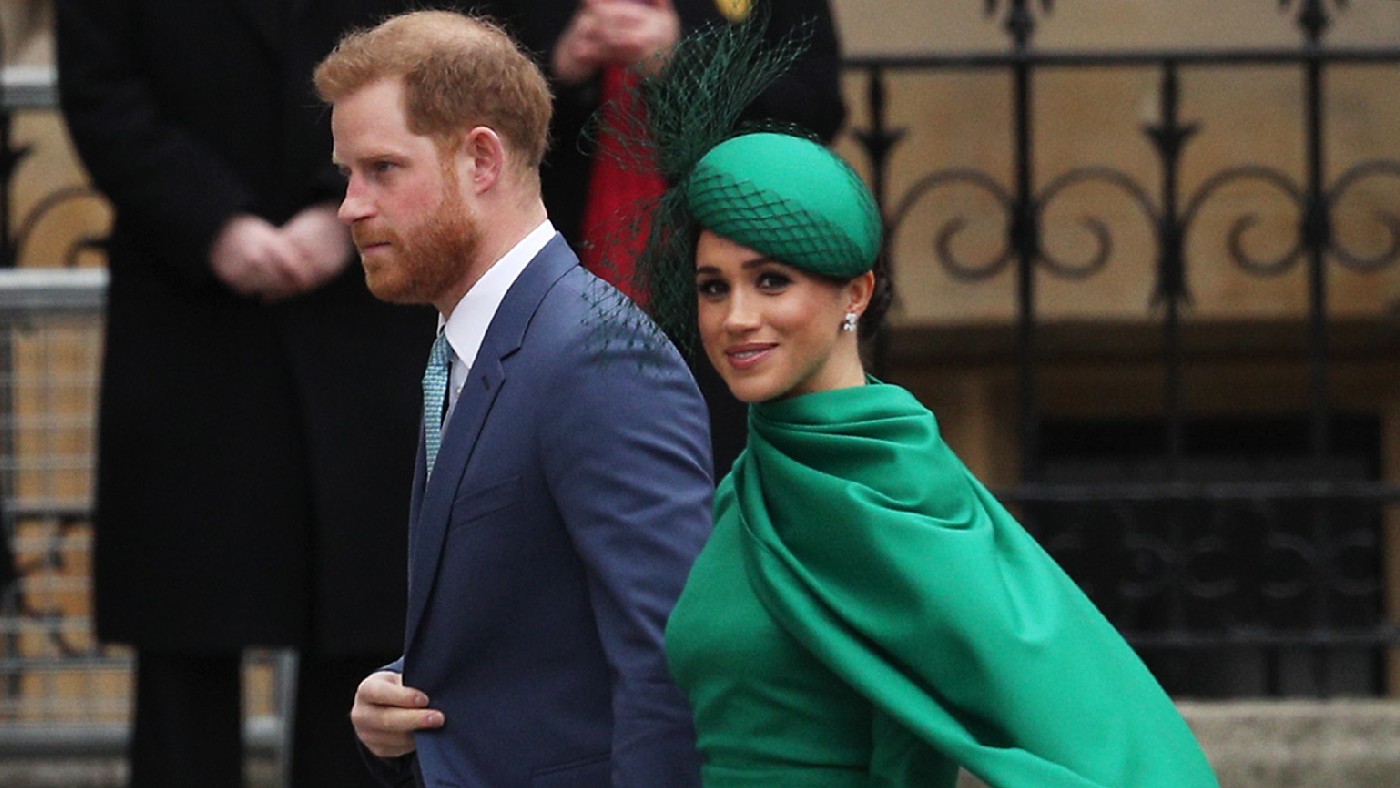 Harry & Meghan: a right royal case of sabotage?
Harry & Meghan: a right royal case of sabotage?Talking Point The timing of the Duke and Duchess of Sussex’s new Netflix documentary trailer has been widely criticised
-
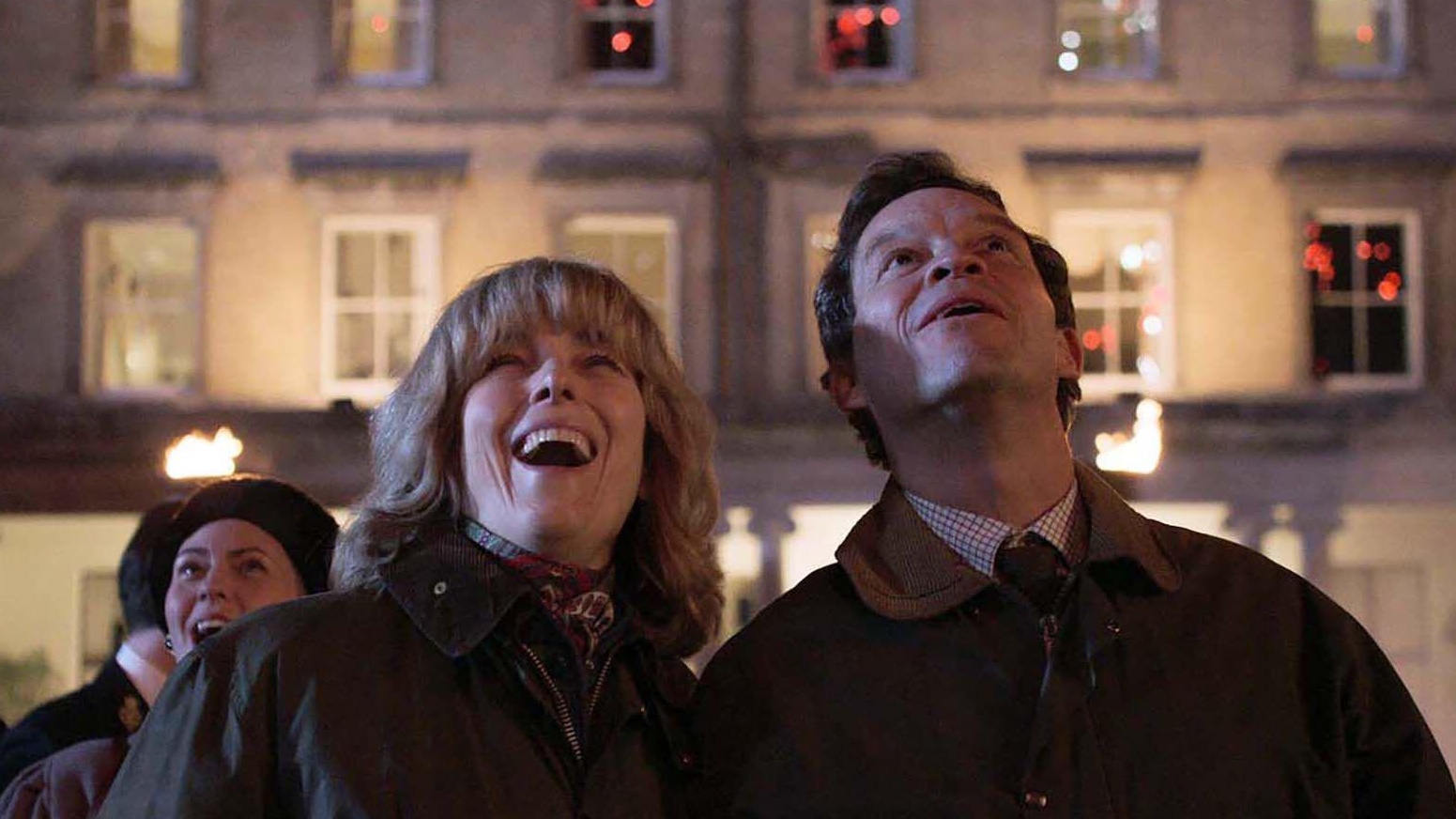 The Crown: what was the real-life ‘Tampongate’ scandal?
The Crown: what was the real-life ‘Tampongate’ scandal?Under the Radar One of the Royal Family’s most cringeworthy moments is depicted in season five of the hit Netflix series
-
 ‘The UK’s malaise will not end with the Prime Minister’s exit’
‘The UK’s malaise will not end with the Prime Minister’s exit’Instant Opinion Your digest of analysis from the British and international press
-
 ‘Police tactics are not getting worse, they are simply being filmed’
‘Police tactics are not getting worse, they are simply being filmed’Instant Opinion Your digest of analysis from the British and international press